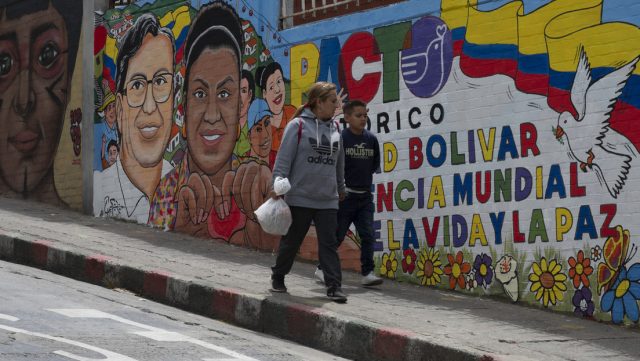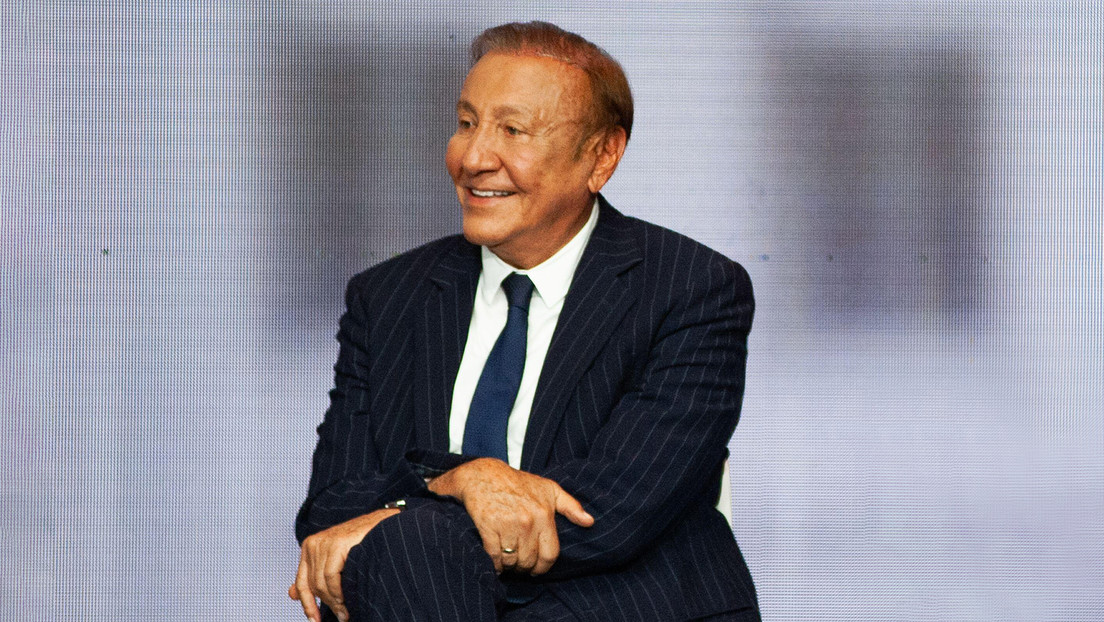On Sunday, the first presidential round will be held in Colombia and, apparently, the dream that progressives, the left and popular movements can have a solid candidate, with a real chance of winning, and that he does not end up assassinated in the middle of the campaign, (as has happened with at least five of its historical candidates) will come true. That is already a considerable and plausible change for the entire country.
Latin America is pleased that this country, that has been ‘lost’ by the 70-year fratricidal war, is returning to political normality; that is, to the democratic-electoral competition curtailed since then by a territorial violence that turned the Colombian State into an agent of war that did not tolerate any proposal that could have implied a transformation, explains the sociologist Ociel Alí López in an opinion article for RT.
But beyond the real chance that this leftist candidate has, who is really risking «everything», not in the second round but even in the first, is the Uribismo and the conservative institutionality in full, since its candidate, Federico Gutiérrez , supported by all the «sacred cows» of the political scene in Colombia, could give in to the unexpected rise of an ‘anti-establishment’ candidate, a radical centrist populist: the engineer Rodolfo Hernández.
It is between these candidates that the two ballot positions will be disputed, although there are other options on the table that will seek a good result to negotiate «upwards» with the favored candidates.
If no candidate obtains half plus one of the votes, the new date will be June 19, after several weeks of tenacious campaigning.
The Uribismo goes to trial
The Uribismo, with all its territorial and institutional power and the support of traditional leaders –almost all former conservative and liberal presidents– and all the ‘status quo’, has opted for a candidate who, to the extent that he receives their support, has been slowing his ascent and is ‘losing the fight’.
Its much more than the Uribismo –hegemonic during the last two decades–, we are talking about the 200 years of unbreakable oligarchic power, with all its political parties, its liberal institutions, including the media and the drug trafficking and paramilitary networks that have plagued and continue to plague the Colombian countryside. All, in an articulated way, have created a hegemonic bloc that seems to be dissolving.
In this way, it is the Colombian establishment that is at serious risk of being ‘shaken’ for the first time in the republican history of the country. If that were to happen in a second round, it would be a serious blow to this conglomerate; but if it happens in the first round, it would imply a level of profound dissolution of the power bloc.
With Uribe prosecuted for paramilitary links, after three years of protests and waves of urban social outbreaks, with electoral defeats in the 2019 regional elections and with a ‘malaise’ in tow, the Uribismo, for the first time in 20 years, does not come out on top. On the contrary, it must practice «entryism» in other candidacies and movements in order to survive the public reproach to which it is being subjected to, especially since the current Government of Iván Duque has being left «off side» in a Colombia that is not the same than that of 2018 in which he won.
However, the other scenario is still likely and should not be ruled out a priori. In other words, after sweeping the 2018 presidential elections and the plebiscite against the 2016 peace accords, the strength of conservatism should not be underestimated. Its imprint can remain and can still give a surprise in the results. This could happen, especially, if the first round leaves them alive and it seeks to «breathe down the neck» of Petro in the repechage.
Colombia, this Sunday, will say if it is more like the one that voted against the peace accords or rather, it is closer to the one that has been protesting in the streets for three years.
Only one protagonist for Colombia
Obviously, Gustavo Petro is the central figure in all of this. Both because of his guerrilla and radical leftist background and his profound proposal for change, as well as because of all the obstacles he has had to ‘jump’ in his attempt to reach the presidential seat, including his judicial process when he was mayor of Bogotá and all the accusations and criminalizations that, so far, he has eluded with flair and brilliance.
The most pressing risk and the one that will have to be taken care of the most in a hypothetical second round is the one that threatens his own life, because as he gets closer to his goal, it seems to ‘stalk’ him even more.
Petro has been threatened by paramilitary groups and at the same time has been attacked by Army Commander Eduardo Zapateiro, while, in parallel, the media criminalize him mercilessly.
There are many ‘war actors’ who seem to view his victory with suspicion in a society accustomed to resolving political conflicts with bullets and in which the oligarchic castes have never relinquished political control. It is the latter that could have changed.
When the time comes, a few hours before the first round, a variety of candidates compete and that is what is most valid of the current moment.
This Sunday, Colombia will experience its first major post-war ‘electoral feast’ and we hope that the result will be respected by all.



